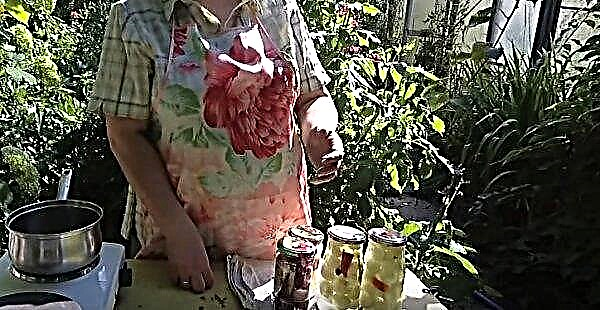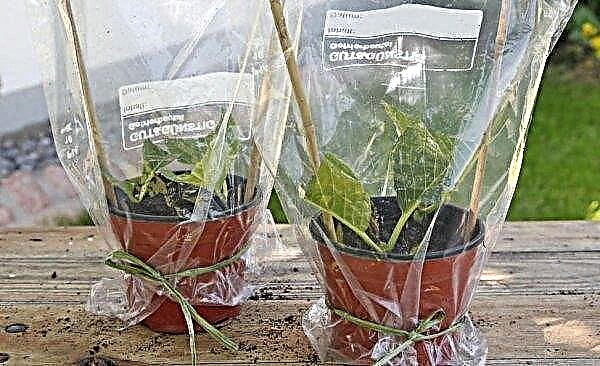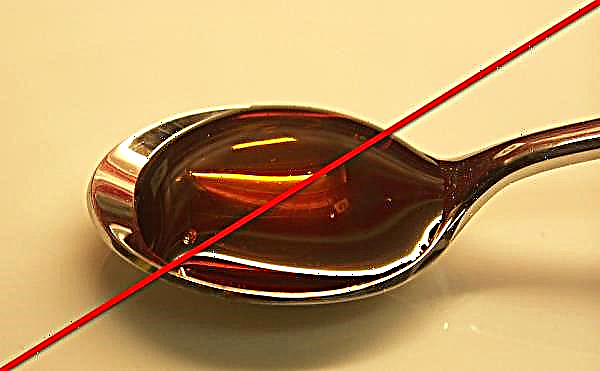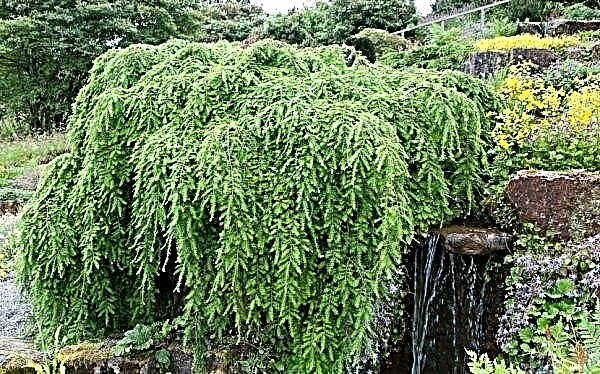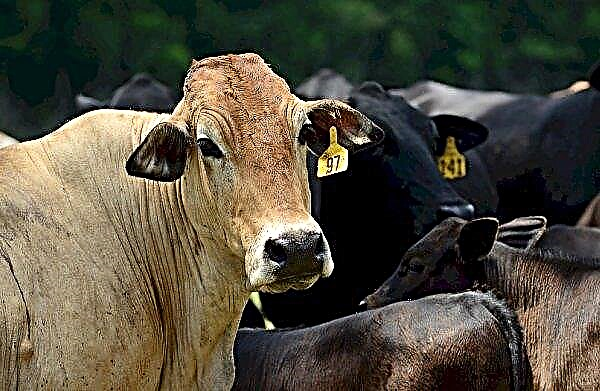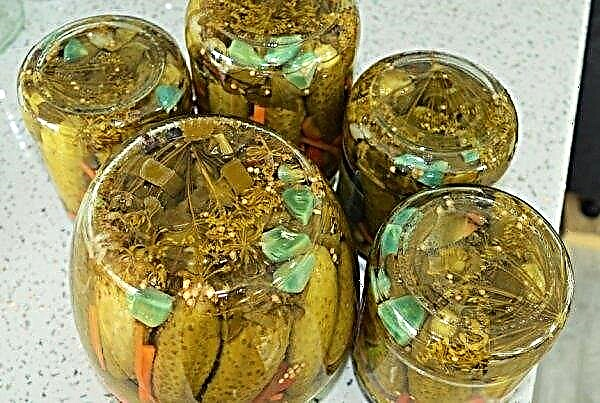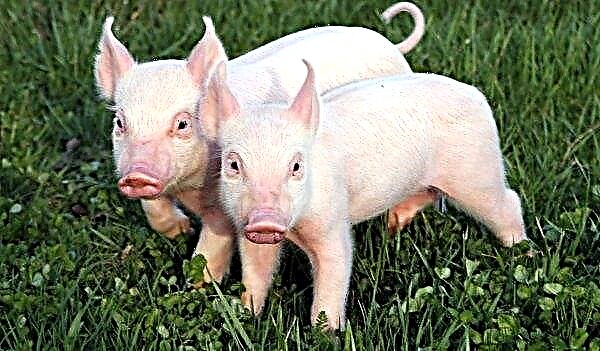At the Plenary Session for 2020, measures were taken that affect beekeeping settlements in order to limit cross-pollination between citrus groves.
The goal is to make citrus activity compatible with beekeeping so that both sectors can support their activities while respecting the interests of both groups. In particular, we are talking about orders in the production of citrus fruits and beekeeping.

The national parliament has the right to establish a minimum preventive distance, proceeding from a permit to settle hives, depending on the location of citrus plantations in those areas and municipalities where there is a risk of cross pollination, and is limited only by the flowering period.
You will be interested to read about the features of beekeeping:
- Features of Canadian beekeeping
- Features of the Ural beekeeping
- Features of beekeeping in northern conditions
- Features of industrial beekeeping
- Features of beekeeping
The agreement prohibits the settlement of hives less than four kilometers from citrus groves.
This ban will apply during the citrus flowering season, which is calculated based on current temperature records and expected spring conditions. This year it was installed from March 25 to May 31.
Citrus trees can live 700 years.
The measures established under this agreement also include, inter alia, an obligation under which all beekeeping operations carried out on the territory of the Valencian Community must comply with the minimum sanitary program established in the annual animal health plan of the community.

On the other hand, it is considered necessary that all beekeeping settlements be equipped with water points to meet the physiological needs of bees.
- Torrential rains caused serious damage to crops in Alicante and Murcia, which significantly reduced production volumes.
- Lack of profitability forces Spanish farmers to abandon crops, especially citrus.
- On the territory of Spanish gardens, the production of citrus crops is significantly reduced.

